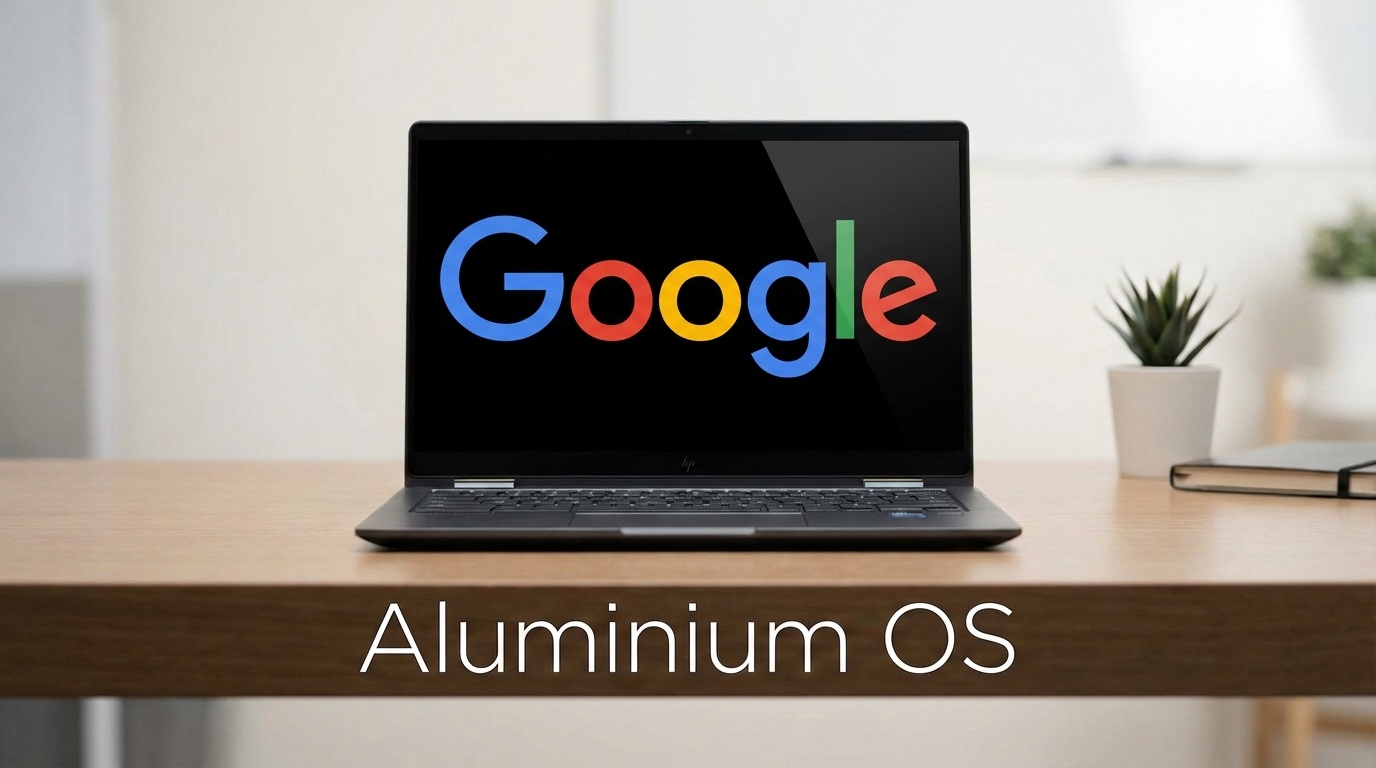Why don't I have Cortana in Windows 10?
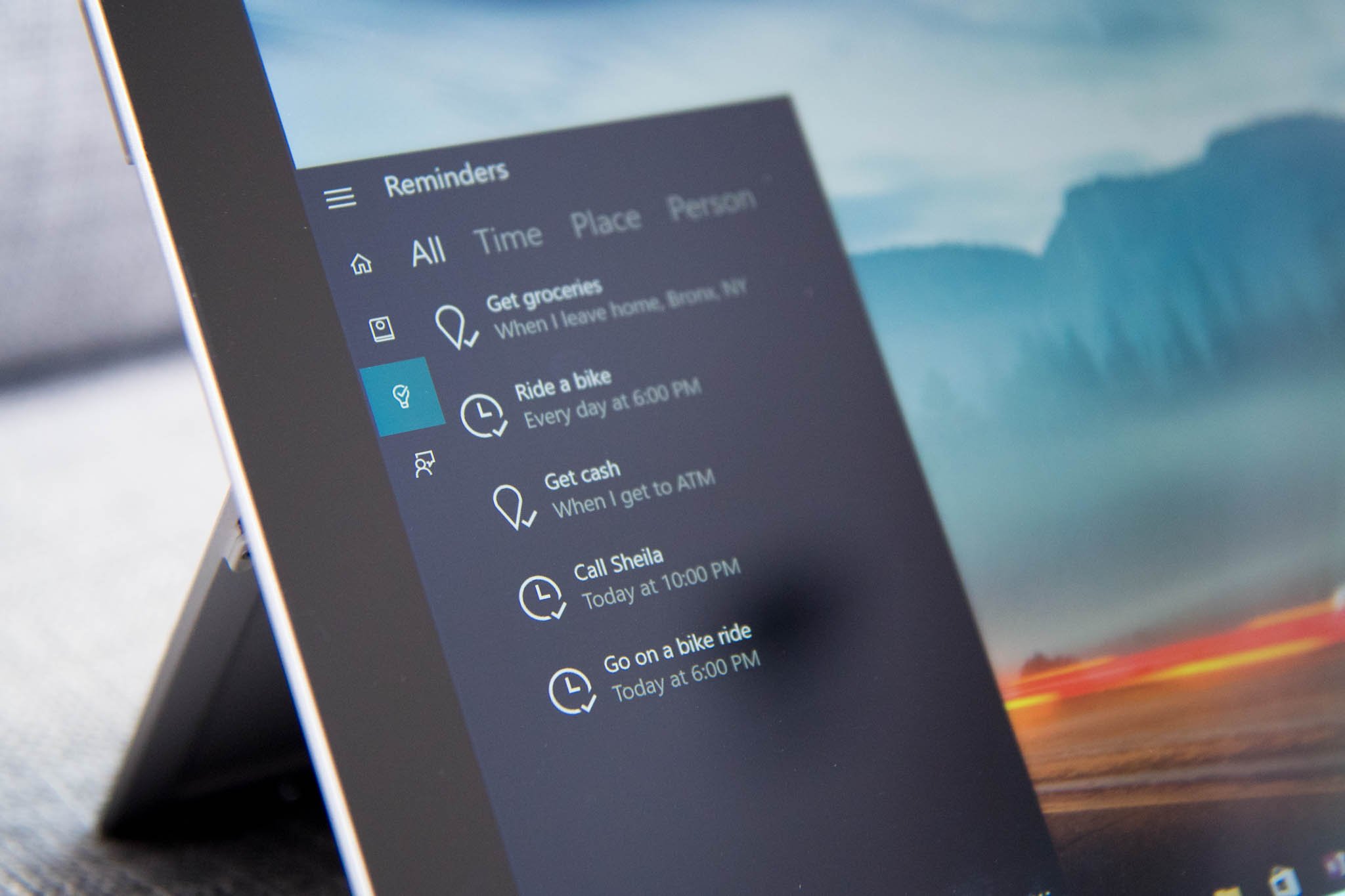
Microsoft has added many new features to the release of Windows 10 and one of the new technologies is Cortana. The self-declared most "personal" personal assistant, Cortana is more than just voice commands. Indeed, the service is powered by Bing and numerous cloud-based knowledge technologies from the software giant.
Considering how important Cortana is many people worldwide may wonder why they do not have it on their Windows 10 computer.
The answer is both simple and complicated. Let's talk about what it takes to get Cortana on your computer and where the assistant can be found today.
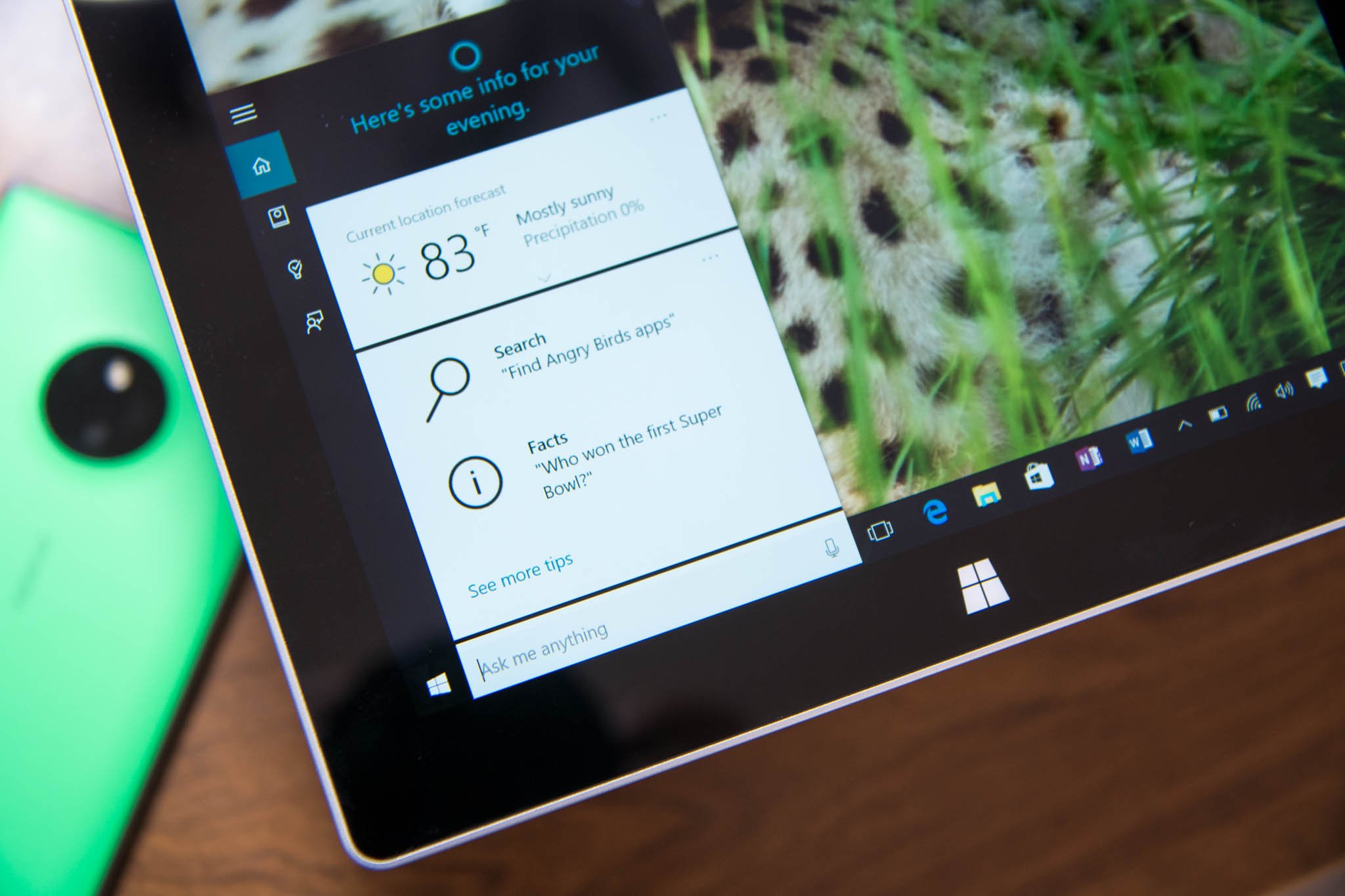
Cortana today – Where art thou?
Before we get to the intricacies of designing Cortana for each culture, here is where Cortana is live today for all Windows 10 users.
- United States
- United Kingdom
- China
- France
- Italy
- Germany
- Spain
If you are a participant in the Windows Insider Program, you get early access to new OS features and also 'beta' Cortana in newer countries. The following countries are soon getting Cortana to trial:
- Japan
- Australia
- Canada (English)
- India (English)
Later this year, Cortana expands yet again for Windows Insiders to the following countries:
- Brazil
- Mexico
- Canada (French)
Of course, if your country is not on the above list no explanation of Microsoft's difficulties matters to you. All the same, it behooves you to read on. Learn what it takes to get Cortana on your PC in your part of the world, you may find it interesting.
All the latest news, reviews, and guides for Windows and Xbox diehards.
Making Cortana
So why do you not have Cortana enabled on your new Windows 10 PC?
The simple answer is that Cortana is not just Bing search with voice bootstrapped onto it. If that were the case, then Microsoft would've and should've released it globally on Day 1 for Windows 10. Instead, Cortana ties deeply into a country's culture and local networks for information. This culture and language stuff is the complicated part.
If you have ever studied sociology, cultural anthropology or read National Geographic, you likely know that cultures vary widely in social interaction. Small things, like smiling too much or laughing, are all handled differently. Of course, some of these are rooted in cultural stereotypes too.
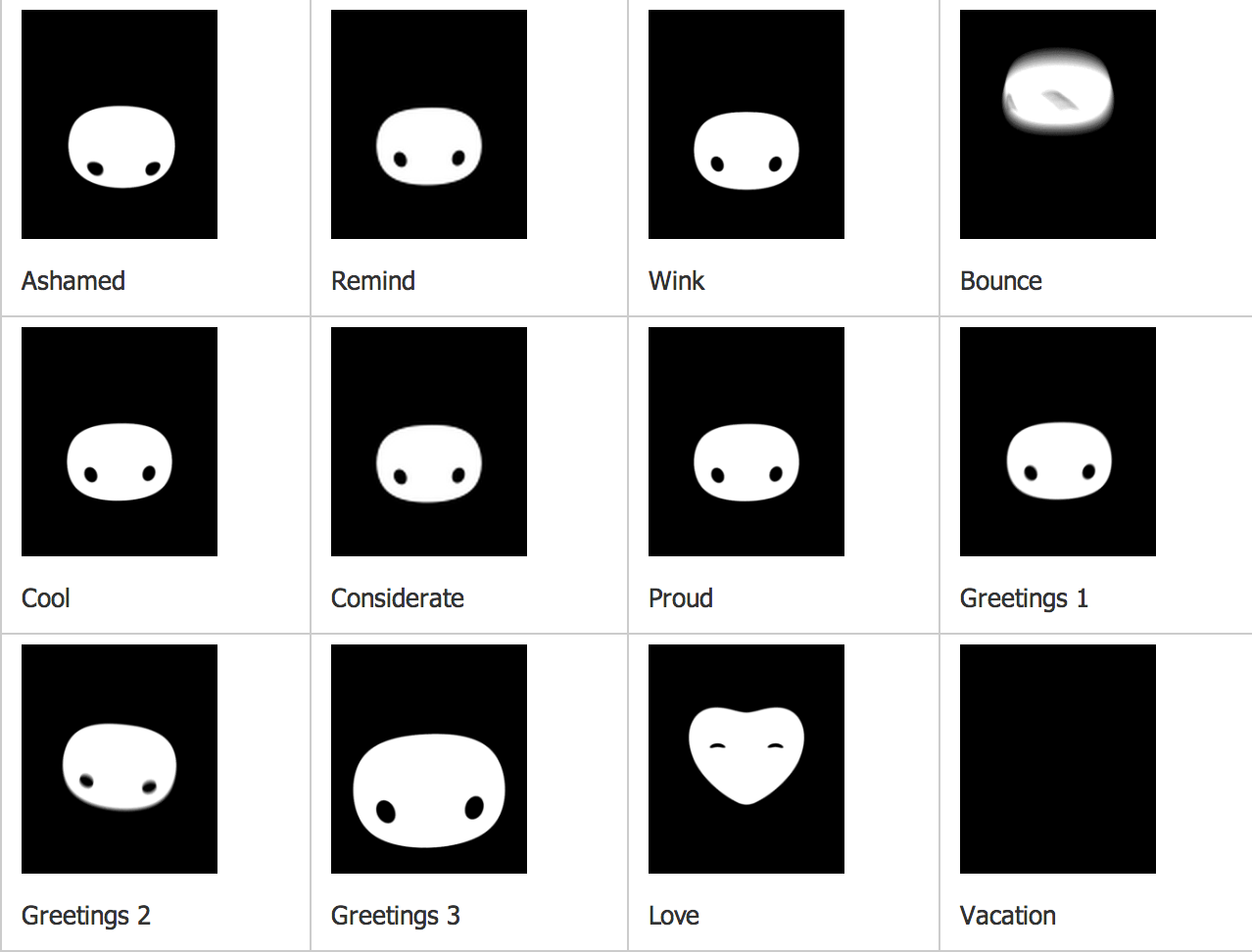
The Cortana team needs to tailor Cortana for each country and culture to behave in a way that respects their traditions and behavior. Marcus Ash, Group Program Manager for Cortana on Windows, talked about these challenges in a recent video seen below.
The most obvious example is how Cortana looks and acts in China. We wrote about Cortana aka "Xiao Na" last June:
"One instance of this change is an optional "alternative form" where instead of being a bouncing blue ball, Cortana has two eyes and "face". Microsoft tells us this has to do with eye contact being necessary for that culture for these types of applications."
Another customization for China is for Xiao Na to provide air quality information in weather cards, stats about driving restrictions, and the ability to track local TV shows and celebrities.
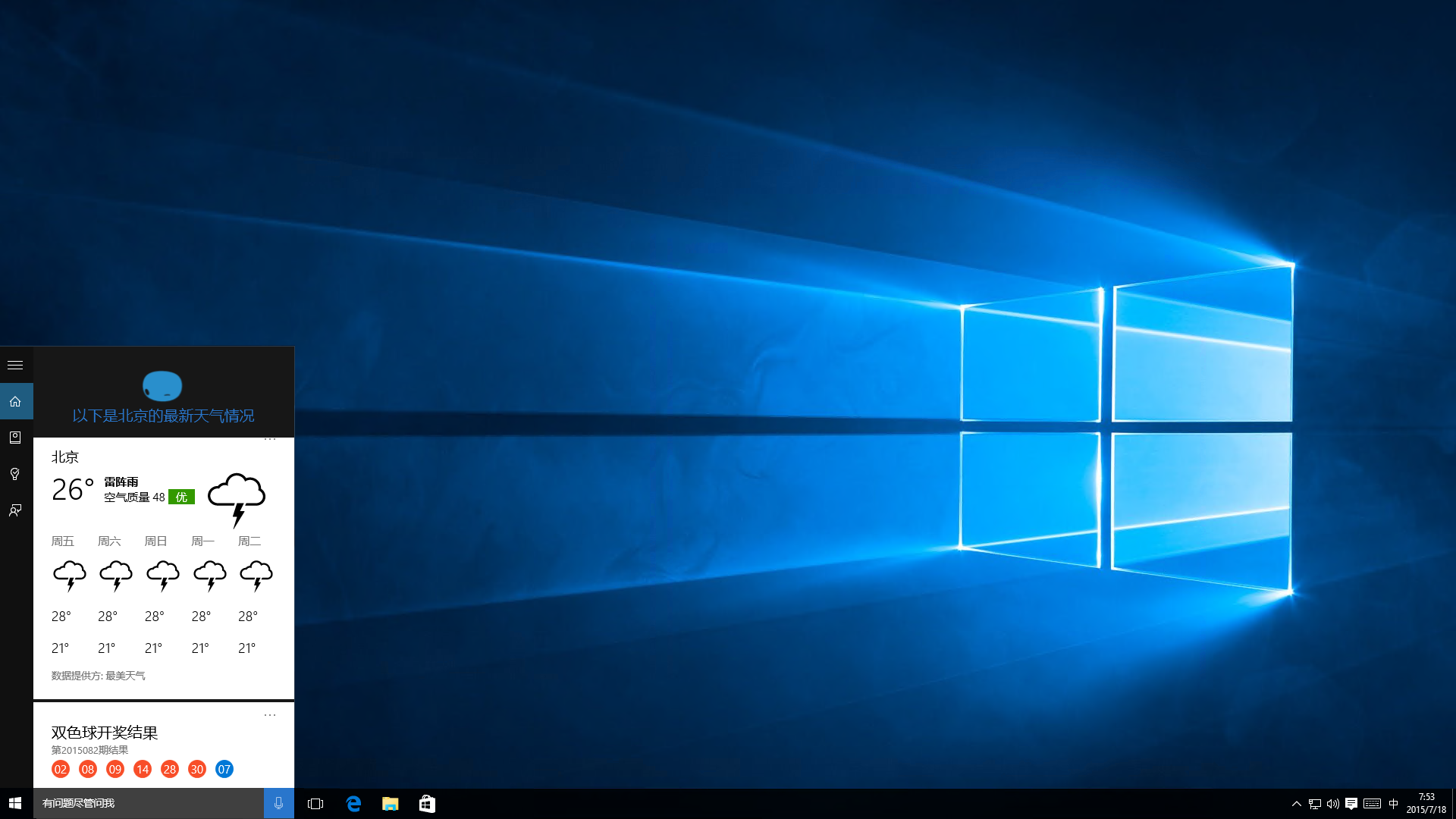
These abilities for Cortana in China are very helpful for residents, but you could imagine the infrastructure needed to make all of that happen. Even more perplexing is the research required to learn what is important to people in one area versus another country. Air quality information is certainly used more frequently by Zhang Wei in Beijing versus Dianne Smith in Colorado.
Similarly, Cortana bows by default in Japan because "a high level of politeness is valued." See in the image below provided by Microsoft.
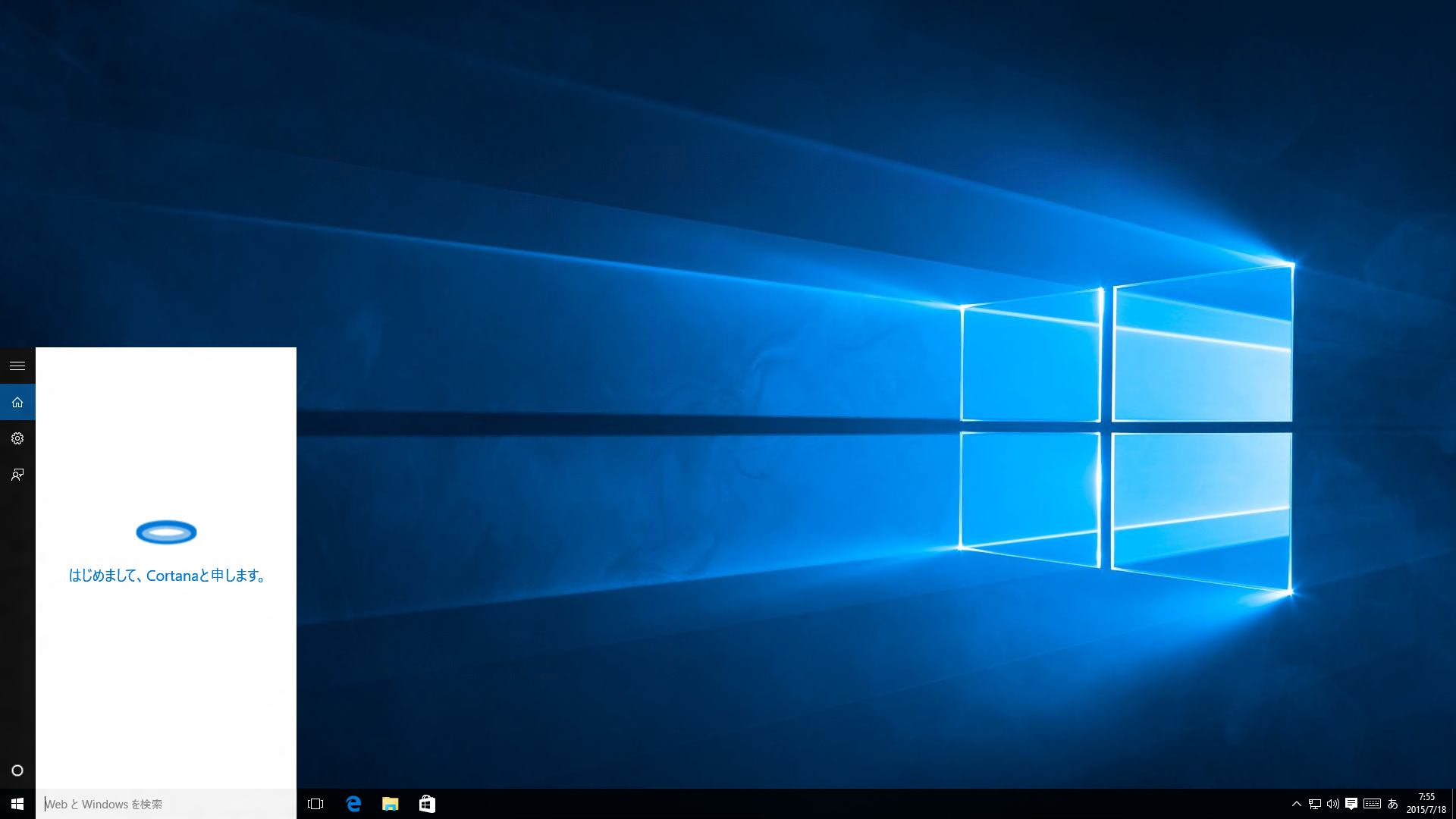
Another example is who voices Cortana. Although Cortana uses some computer-generated speech, a lot of it is a recorded human being. While this sounds like a trivial thing e.g. just hire someone to read cue cards into a microphone, even this part of the task is harder than expected. Once again, Marcus Ash detailed this process in a July 2015 article on the Windows Blog:
"Voice talent is carefully considered for each market. For example, in the Chinese market, the feedback requested a personal assistant whose voice sounded like she was smiling. And in UK, customers described their personal assistant as an "English Rose," which translated to a voice that sounds easy-going, with slightly self-deprecating modesty. In each market, we focus in on certain key attributes that help us find the right voice talent for Cortana."
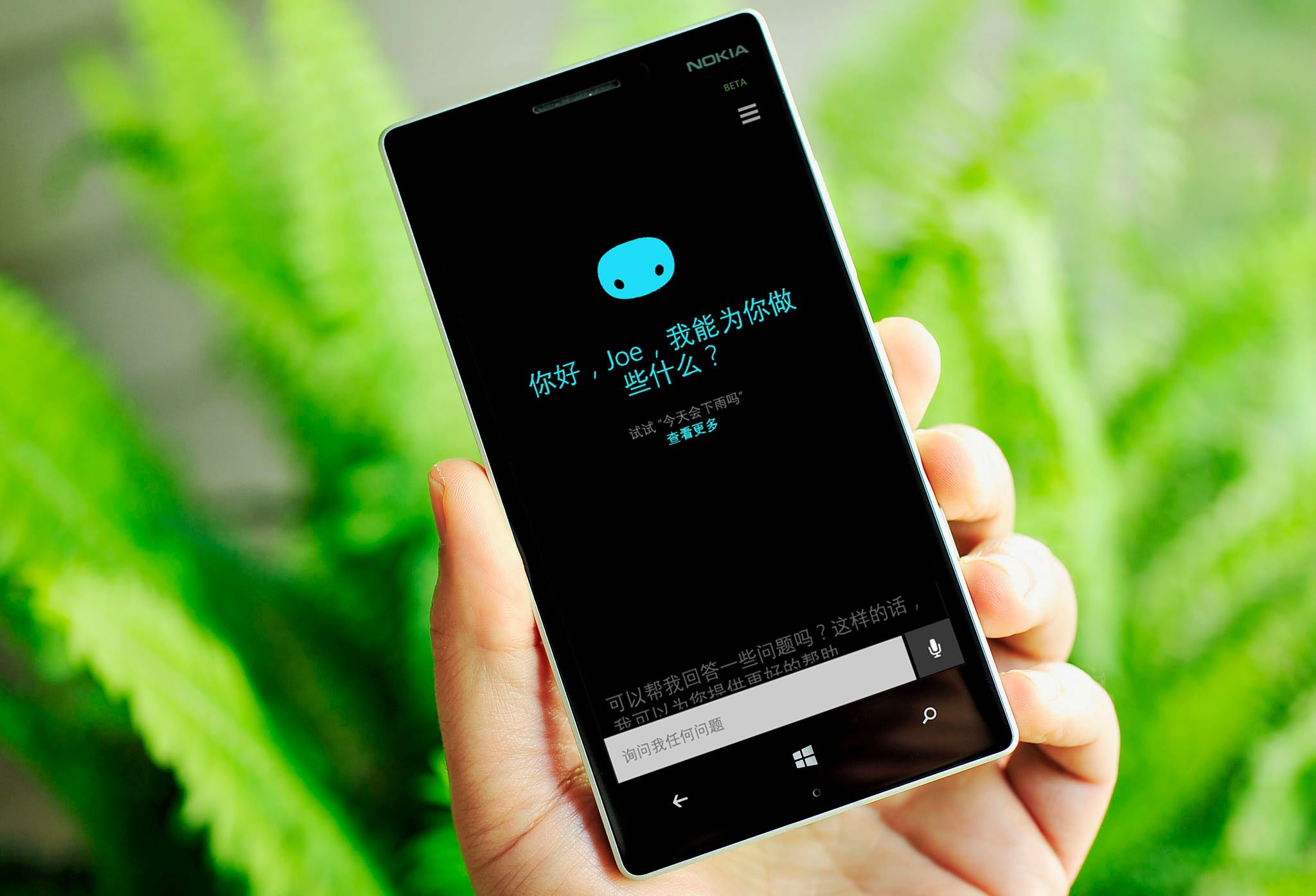
There is also a consideration for "local language, idioms, and speech patterns". Indeed, in my former life I was a linguist who studied idioms, specifically how the brain generates them (they are more like canned phrases then generative grammar). Any second language learner can tell you that learning common sayings or cultural idioms is one of the most challenging aspects due to their opaque meaning. For example, you cannot decipher "dressed to the nines" based on its component words.
Using idioms and common phrases are important to language and culture because the conversation feels more authentic to people. When everything is too literal, our senses go off letting us know this person is not one of us. The same applies if you are creating A.I. or in this case, Cortana.
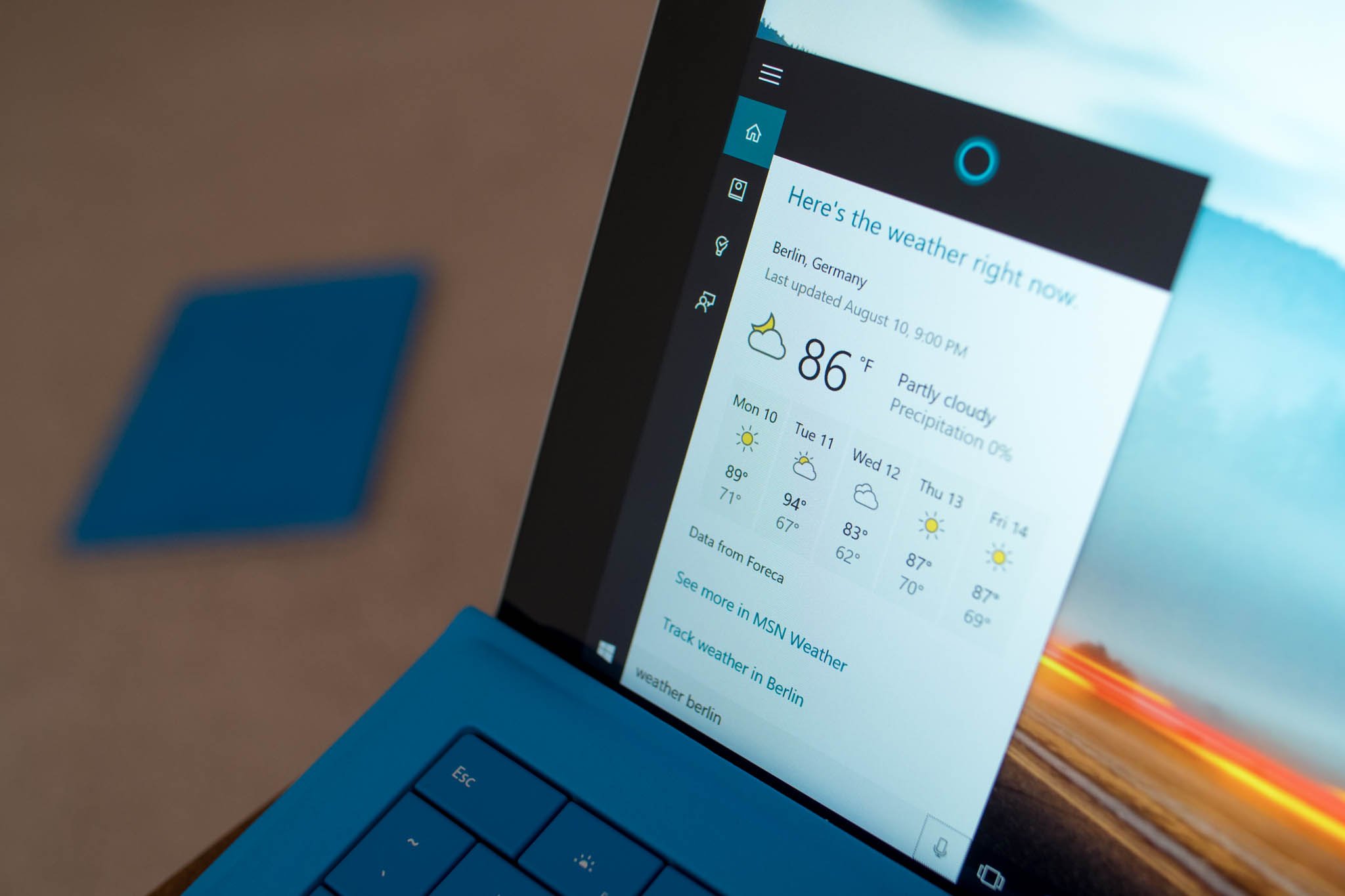
Wrap Up
The important takeaway is that building Cortana is not just a simple flip of the switch. From voice, Cortana's avatar, idioms, and local services like smog, traffic, or restaurants all need to be considered. Cultural research, design, voice talent, programming, and testing are all required. This is very different than just text-string translation found in the OS itself.
I suppose Microsoft could release a neutered version of Cortana in other countries, but it would denigrate what Cortana is meant to represent. In this sense, Microsoft's personal assistant is less about 1's and 0's and more creating something that is lasting and profound.
Unfortunately, there is no telling how long it will take to get Cortana to all the major regions. Nevertheless, hopefully, you now know some of the obstacles that the Cortana team is challenged with in making their personal assistant a reality in your neck of the woods.
And remember, if someone asks why they don't yet have Cortana, share this article with them to let them know!

Daniel Rubino is the Editor-in-Chief of Windows Central. He is also the head reviewer, podcast co-host, and lead analyst. He has been covering Microsoft since 2007, when this site was called WMExperts (and later Windows Phone Central). His interests include Windows, laptops, next-gen computing, and wearable tech. He has reviewed laptops for over 10 years and is particularly fond of Qualcomm processors, new form factors, and thin-and-light PCs. Before all this tech stuff, he worked on a Ph.D. in linguistics studying brain and syntax, performed polysomnographs in NYC, and was a motion-picture operator for 17 years.
